Survey of Impact of COVID-19 on African Trade Finance
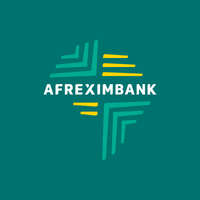
At a time when significant progress is being made in understanding the dynamics of the coronavirus and in mitigating the pandemic’s downside risks, we can easily become complacent and overlook the worsening of challenges to global trade and economic growth. One of the most important issues that deserve attention is trade finance, a market that has proven especially vulnerable to economic and financial shocks.
The supply of trade fi nance, which supports more than 80% of global trade fl ows annually, has been one of the key constraints to the growth of African trade. Although it has proven to be a low-risk asset class, trade fi nance’s short-term and transactional nature has emerged as an important risk multiplier, with business cycle ‘credit crunches’ adversely aff ecting import and exports.
These risks were magnifi ed by the COVID-19-induced downturn, which heightened global volatility and exacerbated risk perception in the face of increasing balance of payments pressures and widening trade defi cits. Sharp falls in the economic activity triggered by lockdowns and border closures were accompanied by dramatic increases in health expenditures. Tighter global fi nancing conditions triggered massive capital outfl ows from Africa and resulted in a sharp widening of interest rate spreads, while temporarily shutting out sub-investment grade borrowers from international capital markets.
UNIDO Annual Report April 2021 (Focus on Africa)
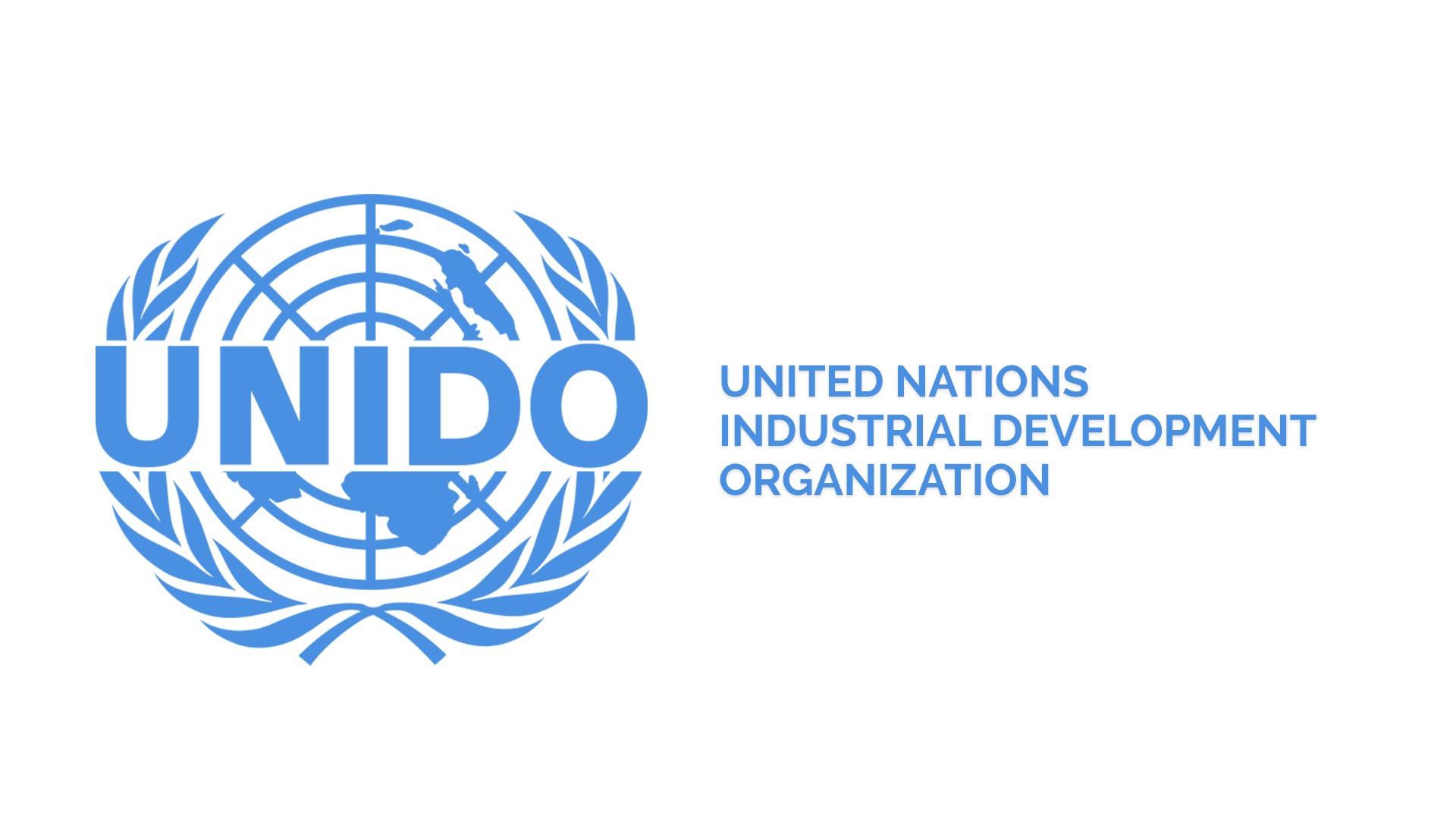
AFRICA
At the beginning of 2020, the prospects for the continent were promising, as Africa was progressing with economic expansion and poverty reduction. Technology and innovation were increasingly embraced. The entry into force of the AfCFTA promised a strong boost in intra-African trade. Still, Africa continued to face important challenges to achieve the goals of the 2030 Agenda and Agenda 2063. The socioeconomic effects of the COVID-19 pandemic exacerbated these challenges. In sub-Saharan Africa, the steady increase in manufacturing production since 1986 was reversed and dropped below the 1.3 per cent recorded in 2019, while many companies transitioned to producing essential medical supplies to make up for the lower levels of international demand for other products. The effects of climate change continue to impact the continent, causing droughts and food insecurity among the 70 million people in the Sahel, further threatened by locust infestations. In southern Africa, growth was slowed by cyclones Idai and Kenneth and the devastation of infrastructure and agriculture in Malawi, Mozambique, and Zambia. UNIDO addresses the region’s main challenge of poverty by giving people the tools, skills, education, and infrastructure to create sustainable livelihoods. Capacity-building activities target MSMEs and vulnerable population groups such as women and youth. About half of UNIDO projects in the region support safeguarding the environment. Other work adds value to agricultural commodities, linking input providers, farmers, traders, processors, distributors, and retailers, and supports post-crisis countries in their economic recovery.
IFPRI 2021 Global Food Policy Report: Transforming Food Systems after COVID-19
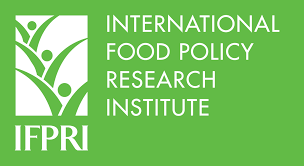
Africa south of the Sahara has so far escaped the direst health impacts of the coronavirus pandemic, but short-term policy responses and the global slowdown have had major impacts on growth, value chains, incomes, trade, poverty, and consumption. The medium- to long-term impacts on nutrition and health will depend on the rate of recovery. To build greater resilience to future shocks, African countries will need to take a food systems approach to agrifood policy planning and implementation that includes better anticipation of risks and preparedness for shocks. They must also find ways to expand limited fiscal resources to make investments that embrace inclusion and promote good governance and accountability in all parts of the system.
IMF World Economic Outlook Report

The IMF Published its new World Economic Outlook Report in April 2021
Global prospects remain highly uncertain one year into the pandemic. New virus mutations and the accumulating human toll raise concerns, even as growing vaccine coverage lifts sentiment. Economic recoveries are diverging across countries and sectors, reflecting variation in pandemic-induced disruptions and the extent of policy support. The outlook depends not just on the outcome of the battle between the virus and vaccines—it also hinges on how effectively economic policies deployed under high uncertainty can limit lasting damage from this unprecedented crisis.
Global growth is projected at 6 percent in 2021, moderating to 4.4 percent in 2022. The projections for 2021 and 2022 are stronger than in the October 2020 WEO. The upward revision reflects additional fiscal support in a few large economies, the anticipated vaccine-powered recovery in the second half of 2021, and continued adaptation of economic activity to subdued mobility. High uncertainty surrounds this outlook, related to the path of the pandemic, the effectiveness of policy support to provide a bridge to vaccine-powered normalization, and the evolution of financial conditions
AD433: Beyond borders? Africans prefer self-reliant development but remain skeptical of free trade and open borders
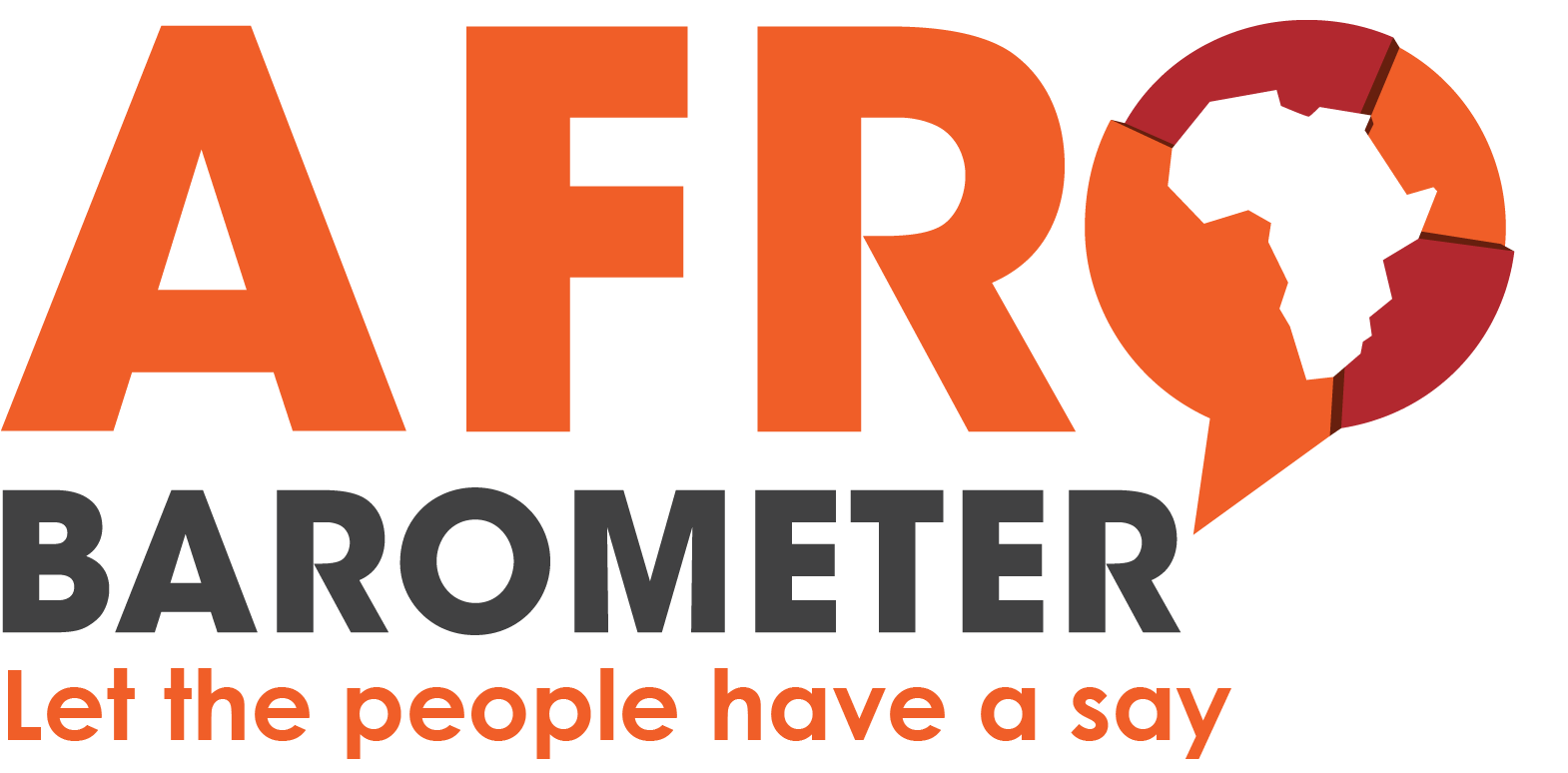
The African Continental Free Trade Area (AfCFTA) opened for business on January 1, 2021, promising opportunities for people from all socio-economic strata to share in economic growth in the world’s largest free-trade zone. Expected to cover 54 African countries, with a combined gross domestic product of about U.S. $2.2 trillion, the AfCFTA is projected to generate increased cross-border trade and investment volumes, technology transfers, and income levels, lifting 30 million Africans out of extreme poverty by 2035 (Abrego et al., 2020; World Bank, 2020a).
Ambitious at the best of times, the AfCFTA faces a multitude of hurdles to effective implementation, from weaknesses in trade infrastructure, human capital, and information and communications technology to unresolved strategic and regulatory considerations, including the absence of a shared trading currency (Albert, 2019; Erasmus, 2020).
Priorities and Policy Recommendations on Africa for the Biden-Harris Administration
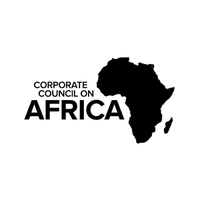
Please find here the new Corporate Council on Africa report on : Priorities and Policy Recommendations on Africa for the Biden-Harris Administration
Food System Transformations in the Sahel and West Africa

Please find here the SWAC/OECD Report titled : Food system transformations in the Sahel and West Africa: implications for people and policies , Maps & Facts.
Strengthening Africa's Capacity to Trade

Open global trade has had positive effects for African industrialization and development. This report looks at efforts to help African countries strengthen their trading capacity and take fuller advantage of the benefits that trade brings.
The report looks into the effects of COVID-19 on Africa, the latest trends in African trade and how the WTO is providing support through the WTO-led Aid for Trade initiative and in areas such as trade facilitation, compliance with regulatory standards for trade, and technical assistance. The report also looks into projects aimed at mainstreaming trade into the national development strategies of African countries.
African Futures 2030: Free Trade, Peace and Prosperity

Please find here the new EUISS report on Africa
The business and economic case for vaccine equity

‘Nobody is safe until everybody is safe’ has become a cliché over managing the Covid-19 pandemic.
Yet until now the behaviour of most nation states has been the exact opposite.
Britain astutely grabbed multiple pharmaceutical contracts nearly a year ago, so that aged 71, I have had my Oxford- Zeneca vaccine when my similar- age cousins in South Africa (from where my family originates), haven’t.
With one of the very worst infection and
death rates in the entire world, Boris Johnson has transformed his reputation for Covid incompetence into praise for his vaccination programme.
Yet Britain is an island economy dependent upon trade. People have to fly or sail in (or drive in from Europe) for us to feed ourselves and survive economically.




